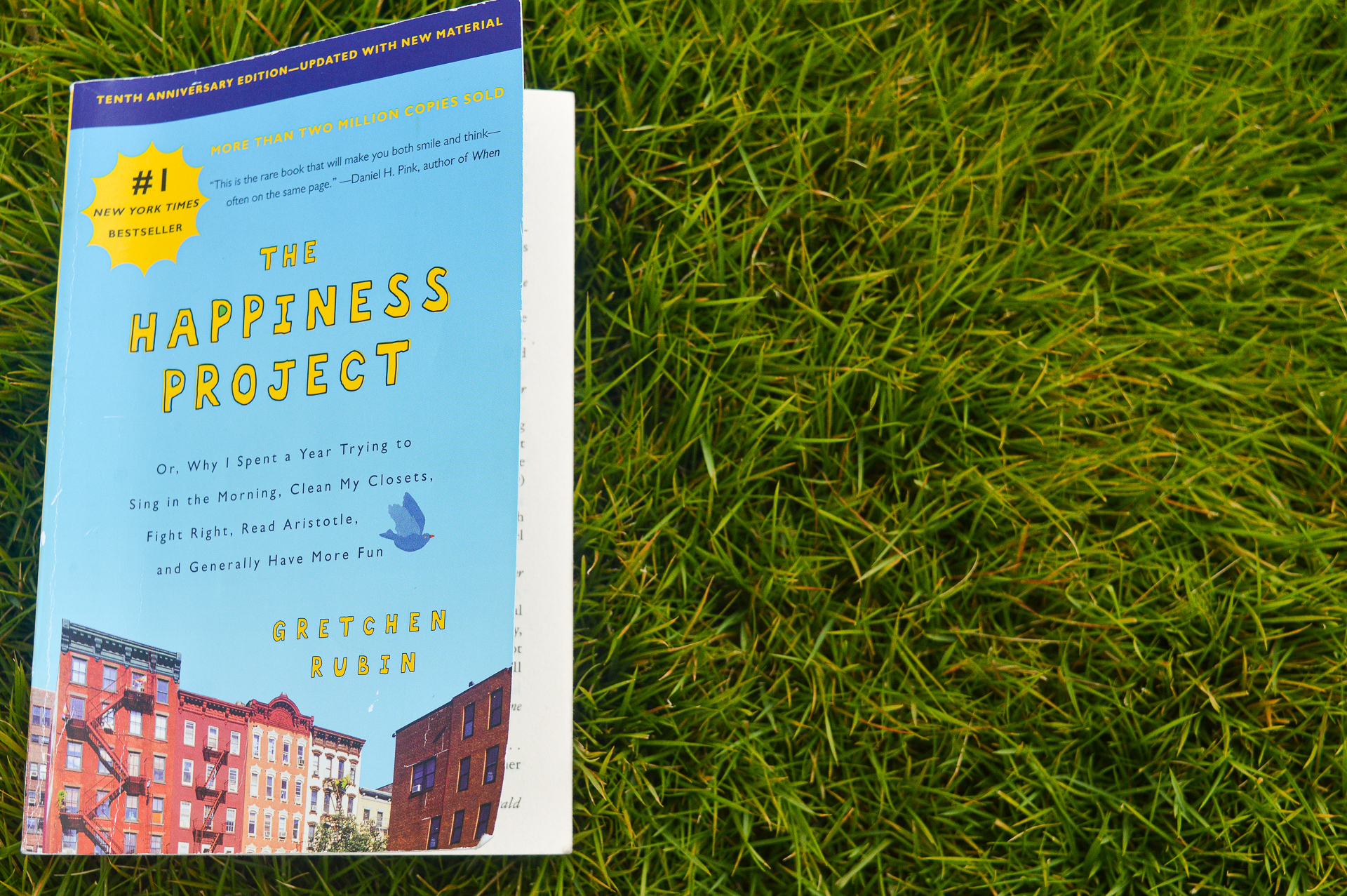To Sleep or Not to Sleep: An Analysis on All-Nighters

Should you pull an all-nighter? That is the question.
Look, I haven’t pulled an all-nighter since middle school. Have I procrastinated work? All the time. Crammed the night before? Absolutely. But, unlike many college students, I’ve never felt the need to stay up all night, reading and re-reading my notes until the pages blur. So, I decided to research the phenomenon. Who knows, maybe I’m missing out on something.
I took a quick (super-scientific) poll of a few of the Be Well staff to see how many of them had pulled all-nighters to study. Out of my sample of ten, roughly 30 percent had pulled an all-nighter to study. An additional 30 percent are straight-A students, if that counts for anything.
Hannah, fellow Be Well writer (and the only person willing to go on the record), openly admitted to pulling dozens of all-nighters, although she confessed the results weren’t always positive.
“When I lived in the dorm, I had a huge French test the next day at 9:30 a.m. that I hadn’t really studied for,” she said. “And I decided I absolutely had to pull an all-nighter to pass the class. I made a Quizlet, flash cards, etc. I was at RBD all night, finally left at like 6 a.m., headed back to my dorm, set an alarm for 9 a.m., laid in bed for a second, and then I totally slept through the test. That was awful.”
Everyone I talked to agreed that it was a bad decision. Some people suggested studying until 2–3 a.m. instead, then getting 5–6 hours of sleep. That gives your body a little time to recover. Also, make sure you’re being efficient; download an app blocker or put your phone away if you keep finding yourself distracted from studying.
According to Dr. David Earnest, a professor in Texas A&M’s College of Medicine, "As the day progresses into the night, the brain's performance significantly decreases. […] So, by studying all night, you're essentially swimming upstream and fighting against your body's natural rhythms.” Instead, he recommends studying for short spans the few days leading up to a test.
However, several participants revealed that while they didn’t pull all-nighters before tests, they regularly used them to finish projects. In certain majors, you’ll need to put in dozens of hours on projects, and extensive studio work often requires long hours of intense work. But since you’re not requiring your brain to perform at its best the next day, these long nights won’t hurt as much.
If you find yourself having to pull an all-nighter, here’s how to do it right, courtesy of former members of the armed forces. (Basically, take naps beforehand, keep the temps low, consume caffeine and move regularly). Again, though, they recommend avoiding it. Remember, if you’re having to pull an all-nighter, you’ve already probably lost. Instead, prepare more in advance and make the most of your time.
Ever had to pull an all-nighter? Comment below and let us know how it went! Or message us on social media @AuburnCampusRec.
Be well, Auburn.
Photography: Michelle M.
Editor
Originally from Montgomery, Alabama, Jack is studying public relations with a dual minor in marketing and psychology. An ENFP, Jack loves to be around people and to talk about his interests and hobbies.
He is involved with the University Program Council and Eagle Eye TV. A member of Auburn's French and Italian Clubs, Jack is also a host in the International Buddy Program. He enjoys learning about other cultures and discovering more about the world around him. He is an active member of the Auburn Wesley Foundation and the First Baptist Church of Opelika. His interests include sports, photography, tech, working out, politics, the outdoors, and spending time with friends and family. A fan of a wide variety of music, Jack is currently obsessed with J. Cole, Ed Sheeran, Childish Gambino, and T-Swizzle. He thinks Spotify is "the greatest thing ever," and he plays curated workout playlists when he's at The Rec.






